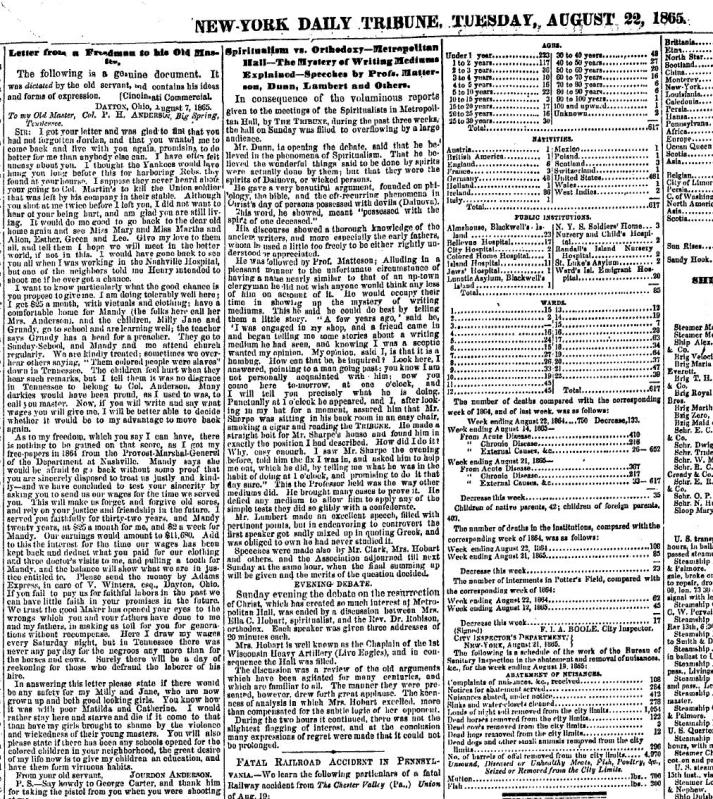
Quentin, a soldier, describes being drafted with his brothers in A RESTING PLACE. Photography © H. Scott Heist 12
It was very common for brothers to sign up for the war together. Many in the ranks were either related or at least friends and neighbors. This does not always mean that brothers have the same experience in battle or share the same enthusiasm for the war. Below are letters from two brothers who had very different experiences in battle. Take a listen and see who you side with.
5/25/1882——Henry A. Miller, brother of Theodore Miller, was wounded at Gettysburg, July 2, and died in the 11th Corps Hospital on the 4th day. Above is a letter, which he wrote to his parents over a year before he died.
5/27/1863——-Brother of Henry Miller, Theodore recounts the Battle of Chancellorsville in a letter to his parents. He defends his position and that of the 153rd regiment, they are labeled as cowards and Theodore explains why they are not.
7/1863——A letter from Comrade Rudolph Rossel who gives a more detailed account of Henry Miller and his death. It was written to Henry’s father.







